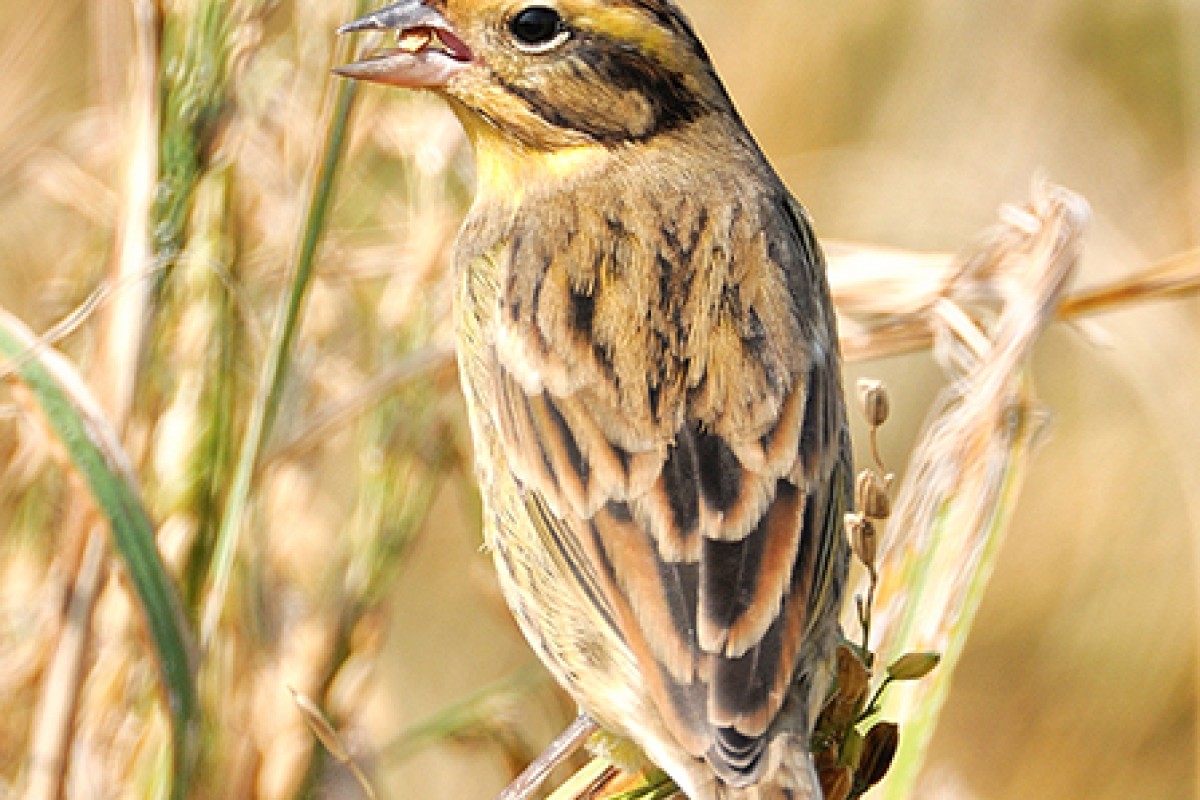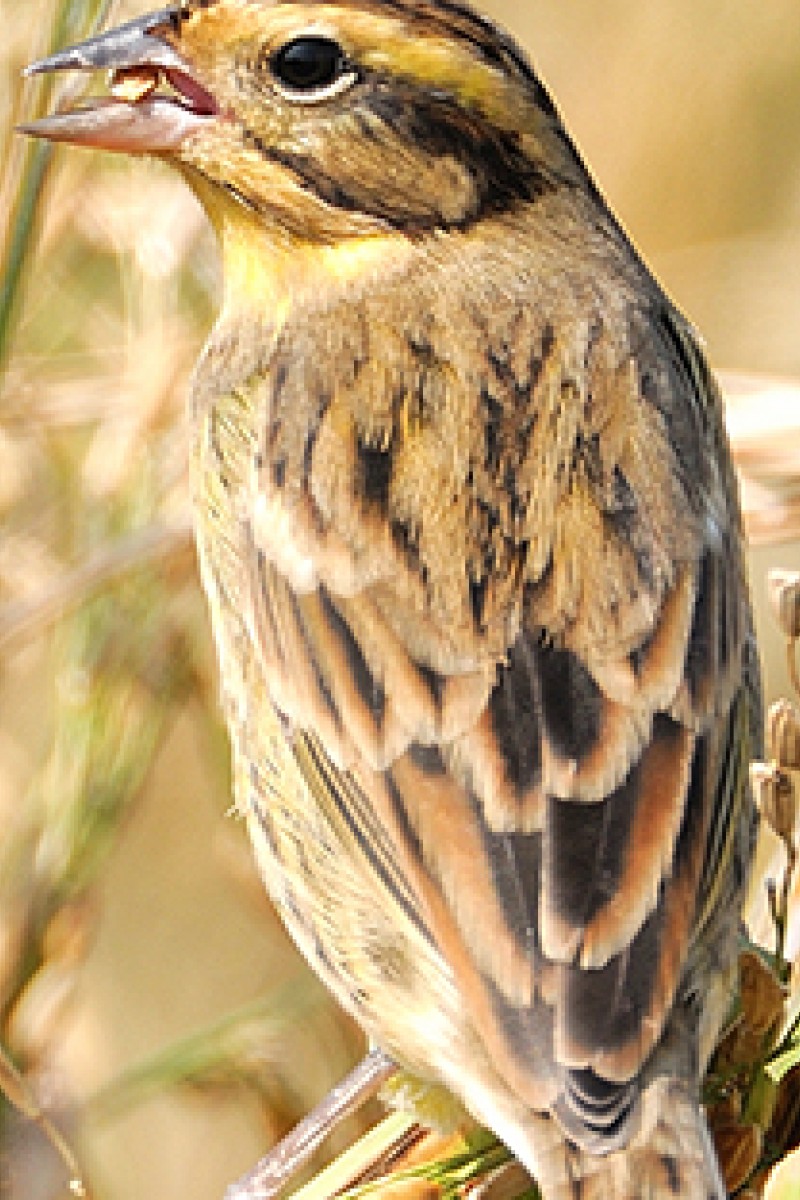
Although the fair is gone, the black market for the bird's meat still persists. Diners have to pay a familiar dealer only a few dozenyuan for the bird.
The first warning about its numbers came in 2004 when the International Union for the Conservation of Nature's Red List classified the yellow-breasted bunting as "near threatened". Today the risk is listed as "endangered", which means it may soon no longer exist; the black-faced spoonbill has the same conservation status.
Yellow-breasted buntings once lived in large numbers in Siberia. But numbers have plunged over the past 20years. Surveys at the birds' wintering sites in the south found similar falls.
A 2009 study showed there were no more than 10,000 of the birds migrating through China every season.
Claims about the medicinal effects of the delicacy are not supported by scientific evidence, says Vivian Fu Wing-kan, who oversees the Hong Kong Bird Watching Society's projects in China.
The rapid fall in the bird's population has been caused by trapping along migration routes. The fact that the birds travel and roost in flocks in reed beds makes them vulnerable to poachers, Fu says.
Two other looming threats are shrinking rice paddies - the bird's preferred wintering place - owing to development and changing agricultural practices, and the over-reliance on pesticides and fertilisers.
To protect the birds, we need to stop poaching and black-market sales by better law enforcement and intelligence, says Simba Chan, senior conservation officer at BirdLife International Asia Division. He says: "There's an urgent need to monitor the bird's numbers and educate the public about its plight."
In Hong Kong, the Bird Watching Society and Conservancy Association turned some land in Long Valley, Sheung Shui, back into rice paddies in 2006.
Annual surveys over the past five years have found nine to 47yellow-breasted buntings roosting there; in 1959, 3,000buntings were recorded in the city.
However, the Bird Watching Society believes its efforts have enticed more yellow-breasted buntings and other birds to stay here.
You might also like:
- Fish released into Hong Kong waters to please the gods can pose threat to local marine life
